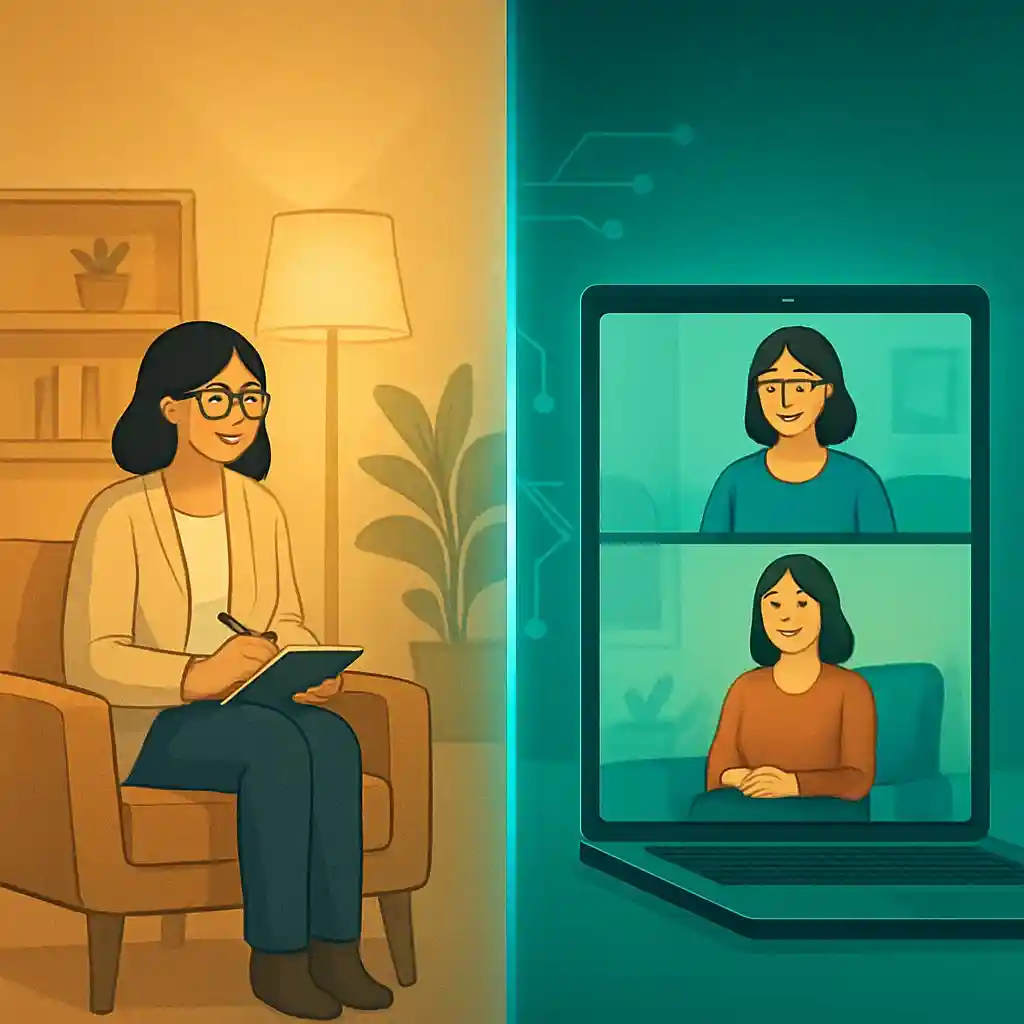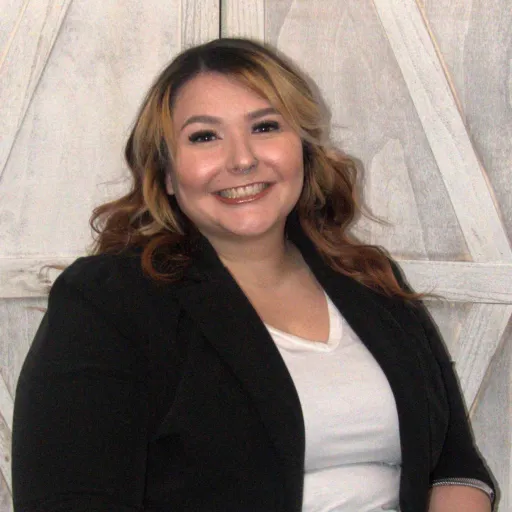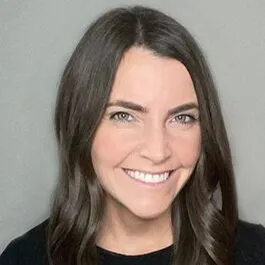
Finding Your Perfect Therapy Match: Online or In-Person?
Therapy has evolved beyond the traditional office setting. Today, you can choose between meeting your therapist face-to-face or connecting through a screen. Both options offer unique benefits and challenges. Let’s explore what each format brings to your mental health journey.
In-Person Therapy: The Traditional Approach
In-person therapy creates a physical space dedicated to your healing. The therapy office becomes a safe haven where you can fully express yourself. You get the full benefit of body language and non-verbal cues, which can be crucial for building trust and understanding.
Key Benefits of In-Person Therapy
-
-
-
-
-
The Therapeutic Environment and Experience
The commute to therapy can serve as a mental transition. This travel time helps you prepare for your session and process afterward. Many people find this physical journey helps them mentally prepare for the work ahead.
Online Therapy: The Modern Alternative
Online therapy breaks down geographical barriers. You can connect with therapists from anywhere, making it easier to find the right fit. This format works especially well for people with busy schedules or limited mobility.
Key Benefits of Online Therapy
-
-
-
-
-
Setting Up Your Online Therapy Space
The comfort of your own space can make it easier to open up. Some people feel more relaxed sharing difficult emotions from their familiar environment. Online sessions also eliminate travel time, making therapy more accessible for those with tight schedules.
Our Therapists Offer Both Online and In-Person Sessions
We understand that different people have different needs. That's why our therapists are trained to provide effective therapy both online and in person.

Ashely Hartell
I believe that every person should talk with a therapist at least once in their lifetime. Everyone deserves to have a neutral party to listen to their stressor, and to help them develop healthy ways to cope.
View Ashely's Profile
Jessica Warren
Whether it is peer issues, relationship issues or just day-to-day difficulties, there is no issue too small for therapy. Together we can work to develop skills that can help you navigate these challenges.
View Jessica's Profile
Juliana Morgan
I believe that change and growth can happen and aim to guide my client's on their path of discovery. I value the therapeutic relationship and seek to provide a safe, empathetic, and authentic healing environment.
View Juliana's Profile
John Komperda
It is my belief that every client has their own innate ability to heal themselves. My job as a clinician is to foster an environment which is conducive to develop greater clarity, connection, and insight into their problems, which can lead to resolution and transformation.
View John's Profile
Joseph Spagnola III
With over 10 years of experience in healthcare and psychiatry, Joe is skilled in outpatient, evidence-based treatment of the following conditions, among many others.
View Joseph's ProfileComparing Online and In-Person Therapy: What to Consider
Privacy and Confidentiality in Therapy
In-person therapy offers a controlled environment designed for confidentiality. Online therapy requires you to create your own private space. Consider your living situation and whether you can ensure privacy during sessions.
Technical and Practical Requirements
Online therapy needs a stable internet connection and a quiet space. In-person therapy requires travel time and scheduling flexibility. Think about which factors better fit your lifestyle.
Building Therapeutic Relationships
Some people thrive on the physical presence of their therapist. Others feel equally connected through video sessions. Your personal preference for connection style matters most.
Choosing Between Online and In-Person Therapy
The best choice depends on your specific needs and circumstances. Consider:
- Your comfort level with technology
- Available private spaces for online sessions
- Transportation options for in-person meetings
- Your schedule flexibility
- Personal connection preferences
Many therapists offer both formats, allowing you to try each and see what works best. You might even choose to mix both approaches based on your needs.
Common Questions About Online and In-Person Therapy
Here are some of the most common questions about online and in-person therapy:
What are the main differences between online and in-person therapy?
Is online therapy as effective as in-person therapy?
How do I choose between online and in-person therapy?
What equipment do I need for online therapy?
Can I switch between online and in-person therapy?
Related Articles

Should You Have Both a Therapist and a Psychiatrist?
Understanding the difference between a therapist and a psychiatrist can help you make informed decisions about your mental health care.

Biography Therapy: Uncovering the Power of Your Life Story
Explore Biography Therapy, a therapeutic process that helps you understand your life story, enhance self-awareness, and promote personal growth. Learn how this method, rooted in the teachings of Rudolf Steiner, can guide you to a more fulfilling life.

How Do Therapists Know What Questions Are Effective?
How do therapists know what questions are effective? This article explores the techniques therapists use to guide clients toward self-discovery and healing.

Do Therapists See Clients on Sunday? Ours do!
Learn whether therapists see clients on Sunday and how weekend therapy can provide flexible options for busy individuals.

